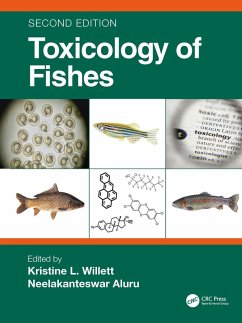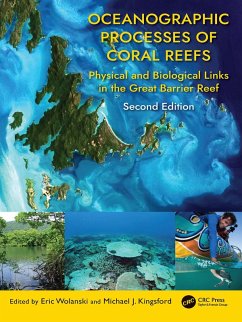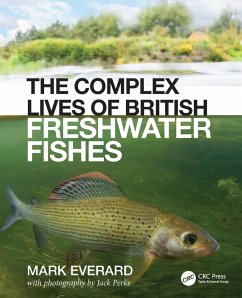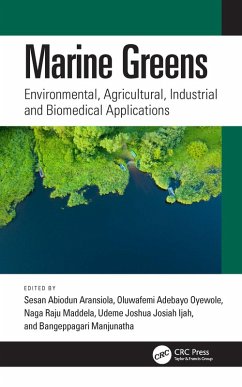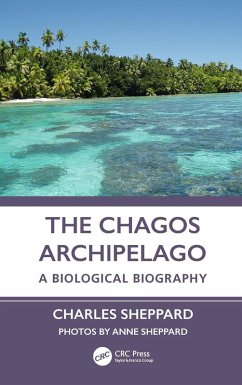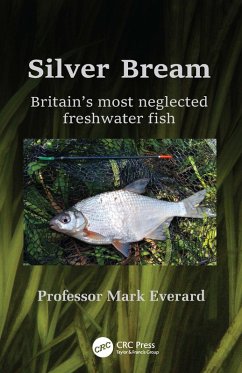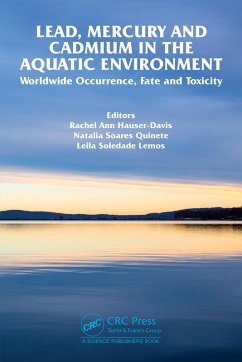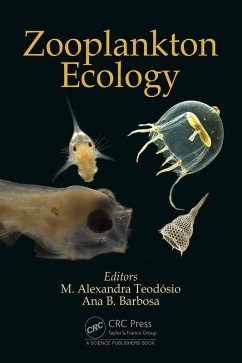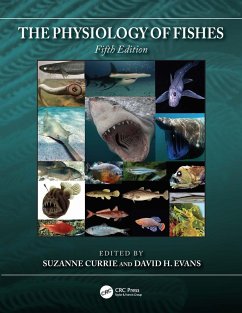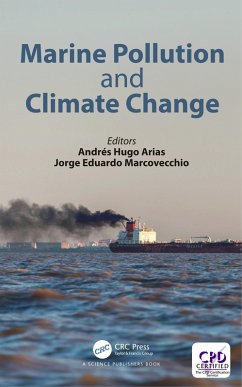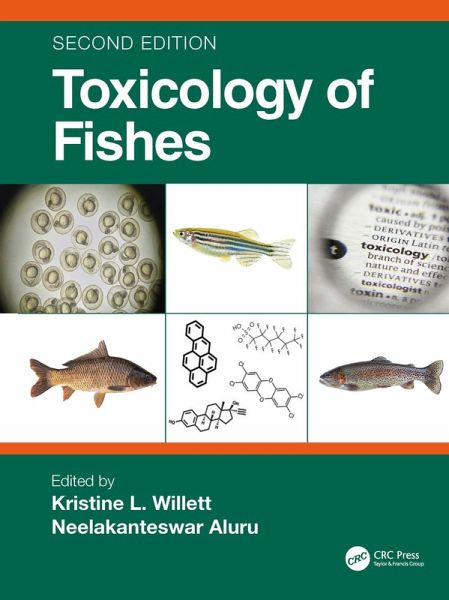
Toxicology of Fishes (eBook, PDF)
Versandkostenfrei!
Sofort per Download lieferbar
162,95 €
inkl. MwSt.
Weitere Ausgaben:

PAYBACK Punkte
81 °P sammeln!
This up-to-date, comprehensive toxicology handbook is devoted to the effects of environmental pollution on fish. Fish species represent nearly half of all vertebrates and have become important sentinels for environmental contamination and model organisms for understanding adverse outcomes from exposures. This new edition is written by recognized experts, and it highlights the significant research progress in fish toxicology that has resulted from rapid technological developments in analytical, biochemical, and genomic sciences. The book: Discusses fundamental topics such as toxicokinetics in f...
This up-to-date, comprehensive toxicology handbook is devoted to the effects of environmental pollution on fish. Fish species represent nearly half of all vertebrates and have become important sentinels for environmental contamination and model organisms for understanding adverse outcomes from exposures. This new edition is written by recognized experts, and it highlights the significant research progress in fish toxicology that has resulted from rapid technological developments in analytical, biochemical, and genomic sciences. The book:
Replacing the case studies in the first edition, this update delves into the impacts of microplastics, pharmaceuticals, and oil spills in dedicated final chapters. With nearly 200 illustrations and tables, this comprehensive reference work presents concepts in a way that is useful for both novices to and experts in the field of fish toxicology.
- Discusses fundamental topics such as toxicokinetics in fishes, processes governing biotransformation within these organisms, and reactive oxygen species and oxidative stress
- Explains key target organ systems for chemical impacts in fish, such as the nervous and immune systems, and how fishes can develop resistance to chemical toxicity
- Covers multi-transgenerational effects on fishes, epigenetics, proteomics and metabolomics, and adverse outcome pathways
Replacing the case studies in the first edition, this update delves into the impacts of microplastics, pharmaceuticals, and oil spills in dedicated final chapters. With nearly 200 illustrations and tables, this comprehensive reference work presents concepts in a way that is useful for both novices to and experts in the field of fish toxicology.
Dieser Download kann aus rechtlichen Gründen nur mit Rechnungsadresse in A, B, BG, CY, CZ, D, DK, EW, E, FIN, F, GR, HR, H, IRL, I, LT, L, LR, M, NL, PL, P, R, S, SLO, SK ausgeliefert werden.




